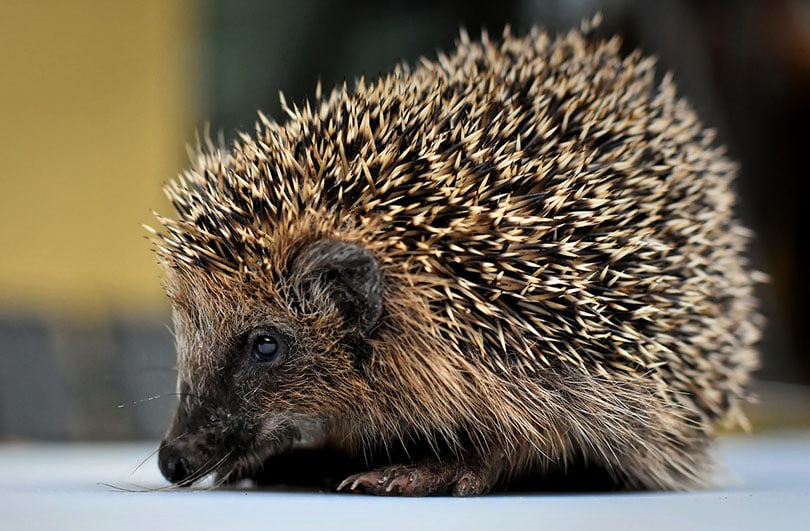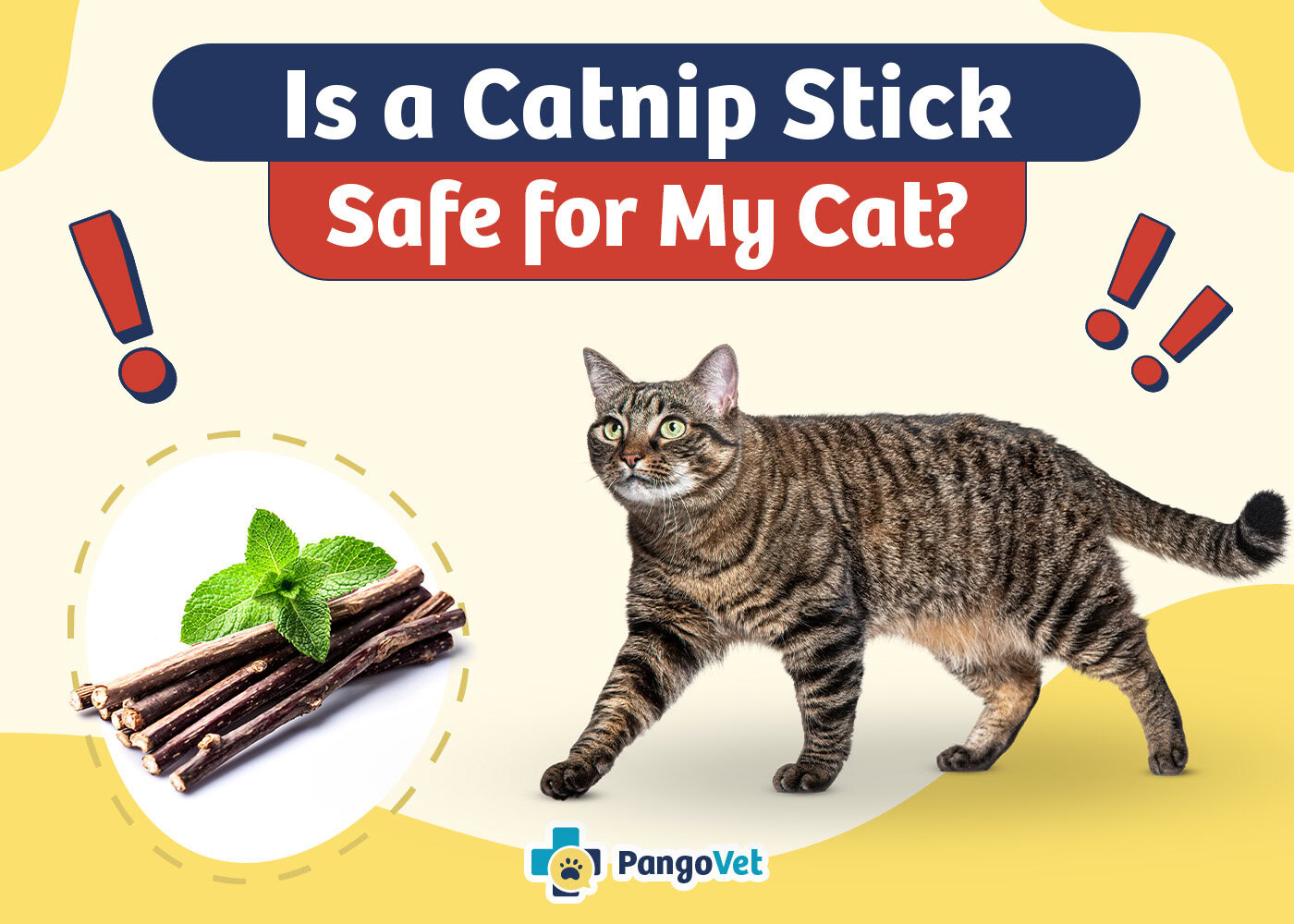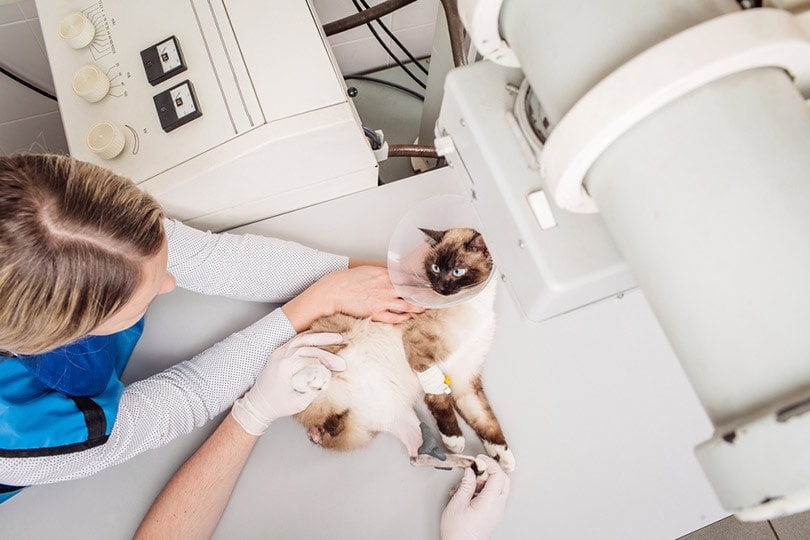Click to Skip Ahead
There are several reasons and causes for a hedgehog to lose its quills. When a young hedgehog loses its baby quills and adult quills replace them, this is known as quilling and is perfectly natural. It may occur several times in a hedgehog’s life.
In some cases, though, quill shedding is not natural, and it may be caused by factors such as stress or mites. Read on to find out more about these incredible defense quills and to identify other causes of quill loss.

About Hedgehog Quills
Technically, hedgehogs do not have quills; they have spines. Quills, such as those on a porcupine, are hollow and can be released at will. Spines are made from keratin, similar to human nails, and they cannot be detached voluntarily. It is also worth noting that they are not barbed at the end, and they are not toxic or poisonous.
Although they are spines, the term quill is used frequently and interchangeably.
A hedgehog can have as many as 5,000 to 6,000 spines. As well as using these spines as a means of defense against predators, curling up in a protected ball if they feel threatened, they can also use the spines to signify their mood. A frightened hedgehog will typically have erect quills, while one that is relaxed and calm will have them flattened.
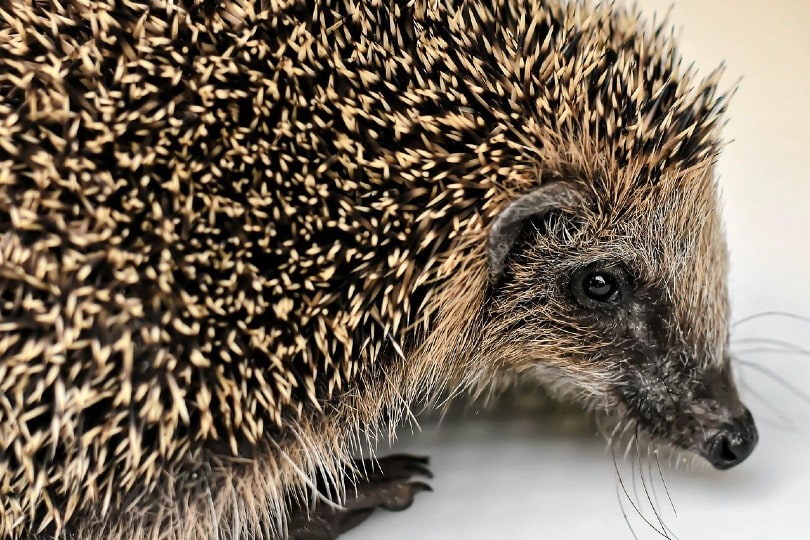
Is It Normal for a Hedgehog to Lose Quills?
Some quill loss is normal for hedgehogs, especially in young hedgehogs. Small quills are replaced with larger quills in a process that is similar to teething in babies. The larger quills pass through the holes left by the shed quills and the adult quills are harder and thicker.
Hedgehogs will naturally shed some quills at other stages in their life, too. If you see a small number of quills, rather than seeing a large number regularly, it may not be anything to worry about. Monitor the quill loss, look for other symptoms and signs of potential illness, such as mites or bites, and consult a vet if you are concerned.
Ingrown Quills
The new quills’ thicker nature means that they can cause some pain as they pass through the thin quill holes. This can also lead to quills that do not extend out of the body. The body will eventually reabsorb these ingrown quills, but the process can take a long time and may lead to infection.
If you suspect your hedgehog has ingrown quills, you should consult a veterinarian as soon as possible. They will be able to make a small incision to remove the quill safely.

The 3 Causes of Hedgehog Quill Shedding
1. Poor Nutrition
Like all animals, hedgehogs have specific nutritional requirements. They usually eat gut-loaded insects and some fresh fruit and vegetables. If you feed a diet that does not meet the dietary needs of your hedgehog, they can become malnourished or they may become deficient in certain vitamins and minerals.
One of the signs of malnutrition is poor skin condition. This, in turn, can cause quills to become damaged and fall off. Check your hedgie’s diet to make sure they are eating food that is between 30% and 50% protein and with approximately 10% fat.
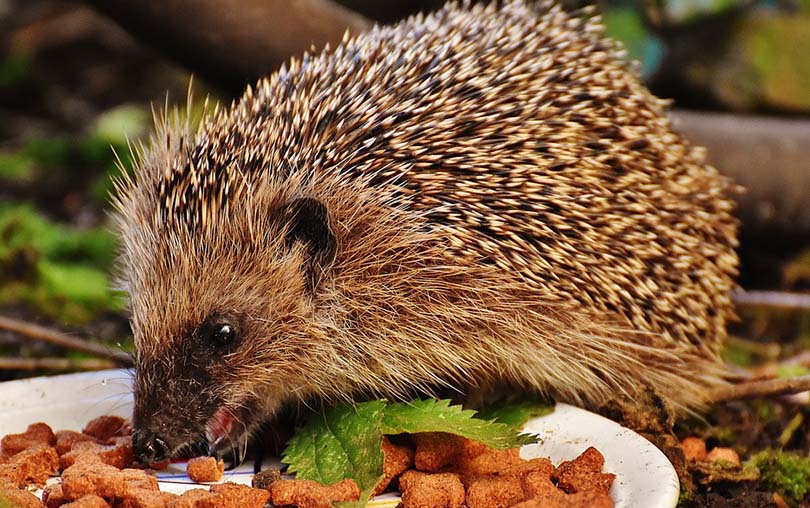
2. Stress
Again, this is similar to most other animals, but hedgehogs can suffer from stress and anxiety. This is especially true when they are faced with unexpected changes in their environment or life. If you have just adopted a hedgehog, it will take time to settle in. Excessive handling could cause anxiety in a hedgehog who doesn’t enjoy being handled.
You should also look at environmental factors for possible causes of stress. For example, if you have a dog that sniffs at your hedgie’s enclosure all day and barks and whines at your spiney friend, this is very likely to cause anxiety.
3. Mites
Mites are a common problem for hedgehogs. These tiny insect parasites live in the spines and hair of your hedgehog and can cause serious skin irritation. This irritation leads to scratching and biting, which can cause spines to fall out and can damage the quills.
Although easy to treat, mites can become a serious problem if left unchecked. It can be difficult to spot early signs, and the loss of quills is actually when most hedgie owners start to realize there is a potential mite problem.
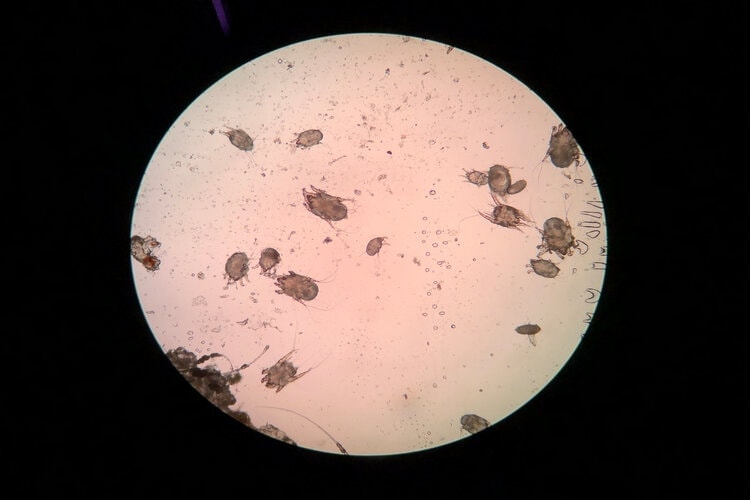

Do Hedgehogs Lose Quills When Dying?
Quill loss is not, strictly, a sign of a hedgehog dying but it can be a sign of any of several conditions and illnesses.
If you are concerned about your hedgie losing its quills and you’ve noticed it happening over several days, or your hedgehog is shedding an excessive number of quills at a time, it is worth consulting with a vet to get their opinion on what is wrong. They will be able to test for mites, fleas, and other parasites and may be able to point you to some deficiency in their diet.
How Many Quills Should a Hedgehog Lose a Day?
If you believe your hedgehog is quilling, you can expect it to lose around 20 quills a day. It will look a lot if they are all in one spot, but considering they have several thousand quills, it really is only a small percentage. It can continue, on and off, for up to twelve weeks.
On the other hand, if you believe your hedgehog is shedding quills for a different reason, any more than one or two can be a sign of illness and should be investigated.


What Can You Do About It?
Hedgehogs have thousands of quills or spines, and they do naturally shed up to 90% of these over their life. Typically, a young hedgehog can shed around 20 quills a day for several weeks, in a process called quilling which occurs as they get rid of their baby spines and replace them with adult equivalents.
Quilling is natural, and not a cause for concern, but other causes of quill shedding include mite infestation, anxiety, and poor nutrition, all of which should be investigated as soon as possible.
Featured Image Credit: Alexas_Fotos, Pixabay
